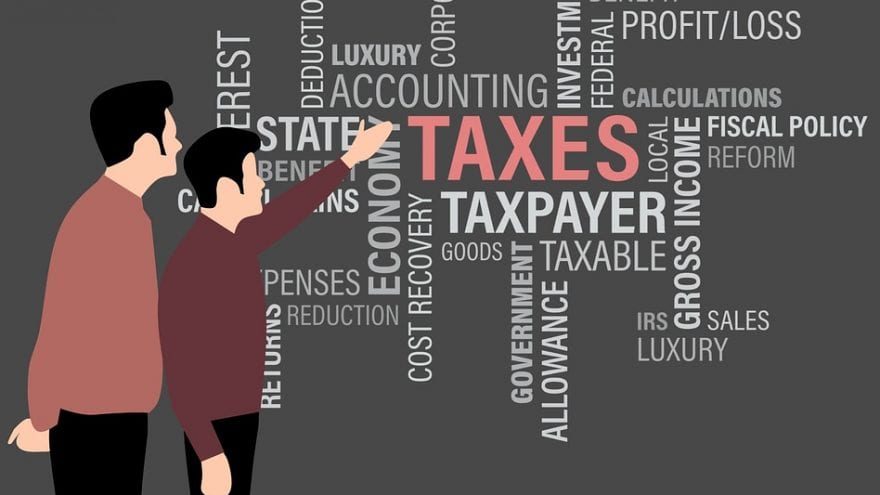The ‘Widow’s Penalty Tax’ and How to Avoid It

The widow’s penalty tax is one of the least known yet most onerous of the retirement Stealth Taxes.
Since few people are aware of it, few retirement plans defend against the widow’s penalty.
I frequently warn people about the “solo” years.
Those are the years after one spouse has passed away.
The surviving spouse must maintain the household with one less Social Security benefit and perhaps a decline in other income.
In addition, expenses are likely to increase because the surviving spouse needs help the deceased spouse used to provide.
Perhaps what’s least known about the solo years is that income taxes are likely to be substantially higher for the surviving spouse.
The solo years often are when retirement plans fall apart and the surviving spouse struggles.
The widow’s penalty tax is a major reason…
Here’s How the Widow’s Penalty Works
When both spouses are alive, the couple’s tax return filing status is “married filing jointly.”
But after one spouse passes away, the surviving spouse’s filing status changes to single.
The married filing jointly status is the most beneficial while the single filing status is unfavorable.
Taxpayers who are married filing jointly stayed in the 12% tax bracket until their taxable income exceeded $80,250 in 2020.
But a single taxpayer stays in the 12% bracket only until taxable income exceeds $40,125.
The 22% tax bracket applies to a married couple filing jointly until taxable income exceeds $171,050… but for a single taxpayer the ceiling is taxable income of $85,525.
A surviving spouse is allowed to use the married filing jointly status only for the year in which the other spouse died.
The special surviving spouse status can be used for a few years – but only if there is a dependent child in the household.
You can see the surviving spouse is hit with a double whammy.
First, as I mentioned earlier, income is likely to decline.
The household begins receiving only one Social Security check instead of two.
Other sources of income also might decline.
For example, the deceased spouse might have been receiving a pension or annuity that upon his or her death either ends or pays a reduced amount to the surviving spouse.
Second, the surviving spouse is pushed into a higher tax bracket.
The income usually doesn’t decline enough to keep the surviving spouse in the same tax bracket as a single taxpayer.
That would require the income to be cut in half.
Instead, the surviving spouse loses some income but also pays a higher income tax rate on the remaining income because of the change in filing status.
Income declines, but income taxes increase.
There can be a third hit to the surviving spouse.
Higher-income Medicare beneficiaries are subject to the Medicare premium surtax, also known as income-related monthly adjustment amount (IRMAA).
As with income taxes, the Medicare premium surtax changes with marital status.
A single taxpayer with the same income as a married couple will pay twice the Medicare surtax as the couple.
A newly widowed taxpayer who retained a high percentage of the couple’s previous income could pay as much or more in the Medicare premium surtax as the couple paid jointly.
In next week’s Retirement Watch Weekly, I’ll share a fourth negative effect of the solo years – and how to plan for the Widow’s Penalty Tax.
Editor’s Note: We all want enough money to carry us safely through retirement. A lifetime income can provide you with that security – which is why more and more Americans are opting into this little-known retirement strategy, which I call a “Second Social Security” check. In fact, you can get paid every month for the rest of your life (and even your spouse’s). And just like regular Social Security checks, you are entitled to collect your second payout no matter what… even if the economy completely tanks – or inflation continues to spike. Click here now to learn more.
![]()





